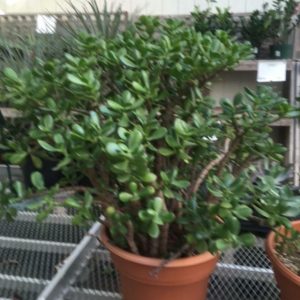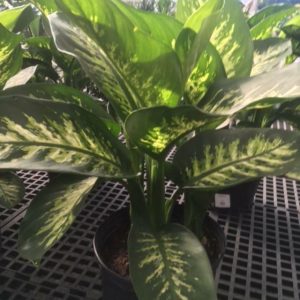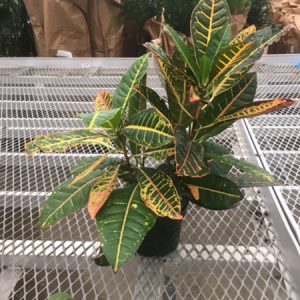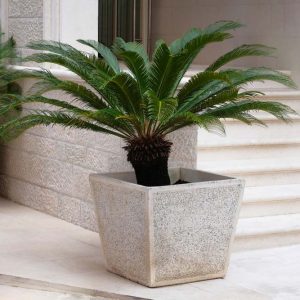Description
Staphylea – Bladdernut –
There are about 11 deciduous shrubs or small trees in this genus. They are found naturally occurring in woodlands and thickets in the Northern temperate regions. They are grown for their spring borne, bell or cup shaped, white, cream, or pink flowers, borne in terminal cluster, and for their curious bladder-like, 2 or 3 lobed inflated seed pods. The opposite leaves are pinnate or trifoliate with long leaflets which have serrated edges and taper to point and develop warm autumn tone in autumn. Suitable for a shrub border or woodland garden.
Grow in any moist but well drained soil in full sun or partial shade. Flowering is best following a long hot summer.
Prone to twig blight and leaf spots.
S. holocarpa ‘Rosea’ – This upright shrub or spreading small tree from China, grow 30′ feet tall and 20′ feet wide. It produces 3 palmate, blue green leaves with oblong to lance shaped leaflets, up to 4″ long which is bronze when young. Before the leaves appear in mid and late spring it bears bell shaped, pink flowers, to ½” long, in nodding panicles, to 4″ long. Flowers are followed by greenish white fruit, to 2″ long.
Zones 6-9





